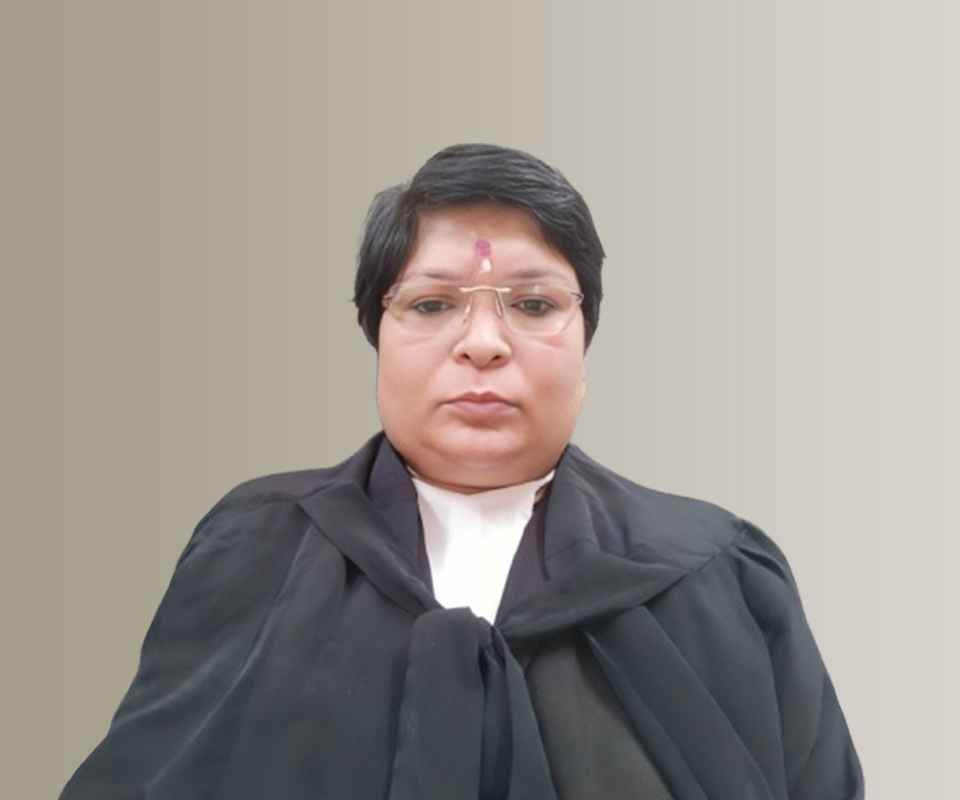Answer By law4u team
If a parent deliberately hides or misrepresents their income to reduce the amount of child maintenance they are required to pay, it is considered a form of financial misrepresentation and fraud. In India, the family courts take this matter seriously, as it affects the well-being of the child and violates the parent’s legal obligation to support their child financially. The consequences of hiding income can lead to legal actions, including penalties, revised maintenance orders, and even contempt of court proceedings.
1. Legal Obligation to Pay Maintenance:
Under Indian family law, both parents have a legal responsibility to support their children, especially after a divorce or separation. The court determines child maintenance based on the income and financial capacity of the non-custodial parent, as well as the needs of the child.
If a parent hides income or provides false financial information to the court, they are undermining the process by which child maintenance is calculated. The court aims to ensure that the child’s needs are met in a fair and just manner, taking into account both parents' financial situations.
2. Consequences of Hiding Income:
Contempt of Court: If a parent deliberately hides income to reduce their maintenance payments, the custodial parent can file a contempt of court petition. Contempt of court is a serious legal offense that involves willfully disobeying a court order. By misrepresenting income, the parent is flouting the court's authority and undermining its ability to make a fair decision.
Revised Maintenance Order: Courts have the authority to revisit and recalculate child maintenance if it is found that one parent has hidden income or provided false financial information. In such cases, the court may increase the maintenance amount to reflect the actual income of the parent. The hidden income can be used to adjust the amount of child support to ensure that the child’s needs are met.
Financial Penalties: A parent found guilty of deliberately hiding income can be ordered to pay fines or other penalties. Additionally, the court can direct that the hidden income be disclosed, and the parent may be required to pay the backdated maintenance that was withheld due to the concealment.
Criminal Consequences: If the income concealment is deemed to be a fraudulent act, the parent could potentially face criminal charges for fraud or misrepresentation. Such actions can also affect the parent’s reputation and standing in subsequent court proceedings.
3. How Income Concealment is Identified:
Forensic Audits: In some cases, the court may order a forensic audit or an investigation into the financial records of the parent who is suspected of hiding income. This can include checking tax returns, bank statements, business income, or other financial documents that might reveal hidden income or assets.
Lifestyle and Assets: If the parent is maintaining a lifestyle that appears to be beyond their declared income, the court can order a deeper investigation into their financial situation. For example, if the parent is living in an expensive house, driving luxury cars, or frequently traveling, but reports little to no income, the court may raise suspicions and seek further clarification.
Testimony and Evidence: The custodial parent can also present evidence such as discrepancies in financial records, testimony, or third-party information that suggests the other parent is concealing income. The family court may request a detailed report on the financial status of the paying parent.
4. Enforcement of Revised Maintenance:
If a parent is found to be hiding income and the maintenance amount is adjusted, the family court can use various methods to enforce the new, higher maintenance order. These methods may include:
- Attachment of Property: If the paying parent still refuses to comply with the maintenance order, the court may attach their property or order garnishment of their wages or bank accounts.
- Imprisonment: In cases of extreme non-compliance or refusal to pay maintenance, the family court has the power to imprison the non-compliant parent for contempt of court.
5. Role of the Custodial Parent:
Reporting Concealed Income: The custodial parent (or the child’s representative) can bring evidence of income concealment to the court’s attention. This is especially important in ensuring that the child’s welfare is not compromised by the paying parent’s actions.
Legal Counsel: It is advisable for the custodial parent to seek legal counsel to ensure that the parent hiding their income is held accountable and that child maintenance is properly enforced. A lawyer can help gather evidence, file petitions, and represent the interests of the child.
6. Example:
Case Scenario (Hidden Income): A father, after a divorce, is ordered to pay child maintenance based on his declared income of ₹40,000 per month. However, the mother suspects that the father is hiding a substantial part of his income and maintaining a higher standard of living than his reported earnings suggest. The mother files a petition in court, presenting evidence of the father’s luxurious lifestyle, and the court orders an audit of his financial records. Upon investigation, it is revealed that the father was concealing additional income from his business. The court then revises the child maintenance amount based on the true income and may order the father to pay a higher maintenance amount and also impose a penalty for hiding income.
Conclusion:
Hiding income to reduce child maintenance is a serious violation of the parent’s legal obligation to provide for their child's welfare. Under Indian family law, if a parent is found to be misrepresenting their income or concealing financial resources, they may face legal consequences such as contempt of court, revised maintenance orders, fines, and in some cases, criminal charges. The family court will take measures to ensure that the child’s needs are adequately met, and the non-compliant parent may face serious enforcement actions. Therefore, it is crucial for both parents to act transparently and in good faith when disclosing their financial situation during child maintenance proceedings.







